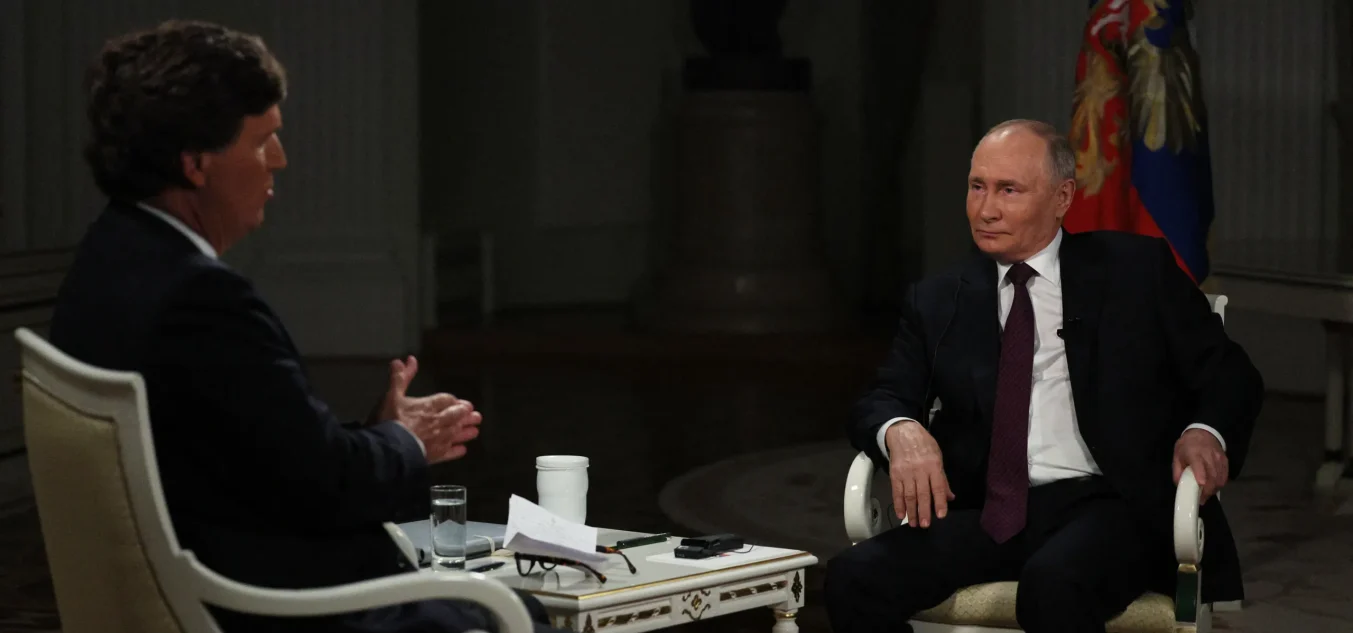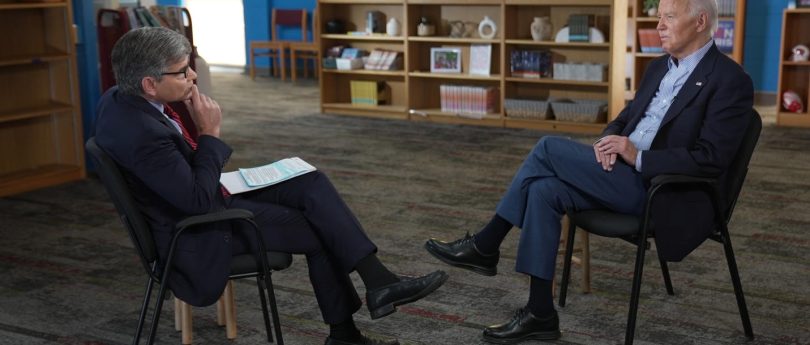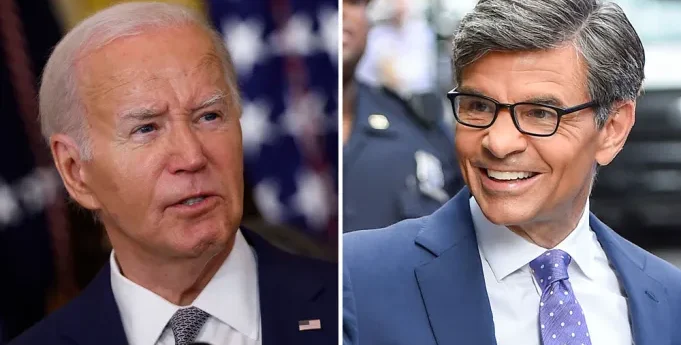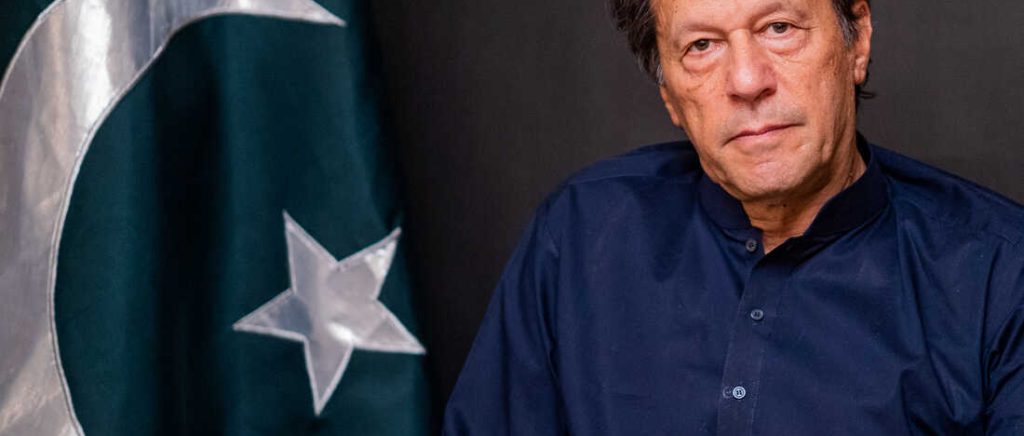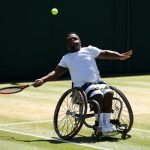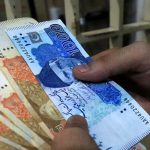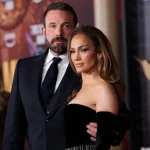US talk show host Tucker Carlson’s interview with Russian President Vladimir Putin began with a half-hour lecture on the history of Russia and Ukraine.
The interview between US talk show host Tucker Carlson and Russian President Vladimir Putin took an unexpected turn as Putin embarked on a rambling half-hour lecture delving into the history of Russia and Ukraine.
Appearing frequently bemused, Carlson listened as Putin extensively discussed the origins of Russian statehood in the ninth century, Ukraine’s characterization as an artificial state, and alleged Polish collaboration with Hitler.
This terrain is not new for Putin, who gained notoriety for his 5,000-word essay in 2021 titled “On the Historical Unity of Russians and Ukrainians.” The essay served as a precursor to the intellectual justification the Kremlin presented for its invasion of Ukraine less than a year later.
Historians dismiss Putin’s claims as baseless, considering them nothing more than a selective abuse of history aimed at rationalizing the ongoing war in Ukraine.
Despite the historical nuances, it is crucial to note that none of Putin’s assertions provide a legal justification for his invasion, reinforcing the importance of separating historical narratives from the legal justifications put forth in the context of the conflict.
A state-centred narrative
In the opening of the interview, President Putin asserted that the year 862 marked the “establishment of the Russian state,” citing Rurik, a Scandinavian prince, being invited to rule over Novgorod, the capital of the Rus. These people would eventually evolve into what we now know as Russians.
Putin juxtaposed what he characterized as an unbroken tradition of Russian statehood dating back to the 9th century with his assertion that Ukraine is a modern “invention,” a country he claims was “created” in the 20th century. However, Sergey Radchenko, a historian at the Johns Hopkins School of Advanced International Studies, disputes Putin’s claim, labeling it “a complete falsehood.”
Radchenko argues that Putin is attempting to construct a narrative in reverse, contending that Russia as a state began its development in the 9th century. He points out that one could equally argue that Ukraine, as a state, commenced its development in the 9th century, supported by comparable evidence and documents.
In essence, Putin is selectively employing historical facts to construct a state-centric narrative that favors Russia over alternative perspectives or historical agglomerations, according to Radchenko’s assessment. This highlights the subjective nature of historical narratives and their potential use in shaping political agendas.
A ‘special ethnic group’
Mr Putin told Tucker Carlson that by the 17th Century, when Poland came to rule over parts of present-day Ukraine, they introduced the idea that the population of those areas “was not exactly Russians. Because they lived on the fringe, they were Ukrainians.”
“Originally the word Ukrainian meant that the person was living on the outskirts of the state, along the fringes.”
But Anita Prazmowska, a professor emerita at the LSE, says that although a national consciousness emerged later among Ukrainians than other central European nations, there were Ukrainians during that period.
“[Vladimir Putin] is using a 20th Century concept of the state based on the protection of a defined nation, as something that goes back. It doesn’t.”
Mr Suny says that while it may be true that Russians, Ukrainians and Belarusians “came from the same stock … through time, they developed into different peoples.”
New Russia
In a recent statement, President Putin asserted that regions in the south and east of Ukraine had “no historical connection with Ukraine whatsoever.” He contends that these areas, conquered from the Ottoman Empire by Empress Catherine the Great in the 17th century, rightfully belong to Russia. Putin even employs the term “Novorossiya,” an 18th-century reference to these territories as “New Russia.”
However, critics, like Mr. Suny, highlight that the inhabitants of these lands during their conquest by Russia were not exclusively Russian or Ukrainian but Ottoman, Tatar, or Cossacks—Slavic peasants who had fled to the frontiers. Despite this historical nuance, Putin’s claim aligns with Russia’s efforts to annex these territories from Ukraine amid the decade-long conflict.
The term “Novorossiya” encompasses Crimea, unlawfully annexed by Russia in 2014, and extends to areas around Kherson, Mariupol, and Bakhmut—territories Putin declared as part of Russia in 2022. This historical framing serves Putin’s interests, emphasizing the contested narrative surrounding these regions in the ongoing geopolitical struggle.
Collaborating with Hitler
President Putin made an inflammatory statement accusing Poland of collaborating with Hitler during World War Two. Putin contended that Poland’s refusal to cede the Danzig Corridor to Hitler pushed him to start the war by attacking Poland, which was invaded by Nazi Germany and the Soviet Union in 1939.
Historical experts, including Prof Prazmowska, challenge Putin’s interpretation, labeling it a flawed reading of the historical record. While acknowledging diplomatic contacts between Poland and the Nazis, Prazmowska dismisses the idea of collaboration, emphasizing that diplomatic outreach doesn’t equate to collaboration with an aggressive neighbor.
Prazmowska points out that the accusation of collaboration is baseless, as both Poland and the Soviet Union signed treaties with Nazi Germany around the same time. The invasion of Poland in September 1939 was carried out in accordance with the terms of the Molotov-Ribbentrop Pact signed earlier that year between Nazi Germany and the Soviet Union.
The controversy surrounding Putin’s claim highlights the complexity of historical narratives and the importance of accurate interpretations in understanding the events that unfolded during World War Two.

